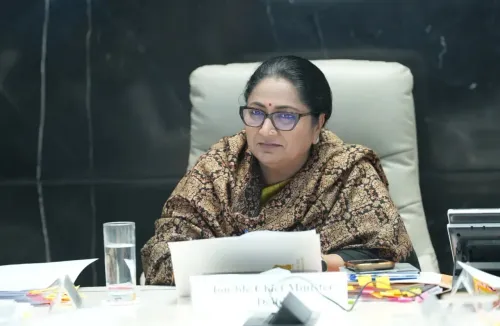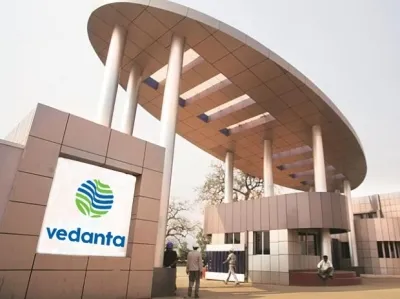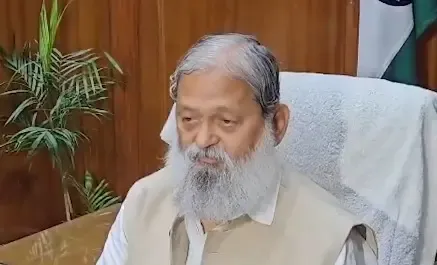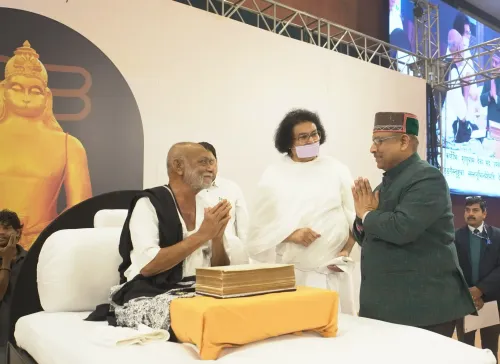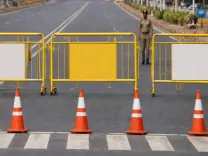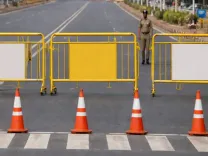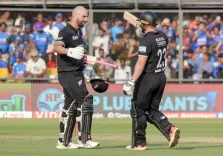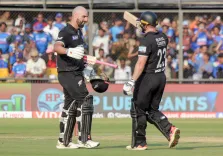Did the NCP Fail in Gopalganj? Awami League Gains Amidst Turmoil in Bangladesh
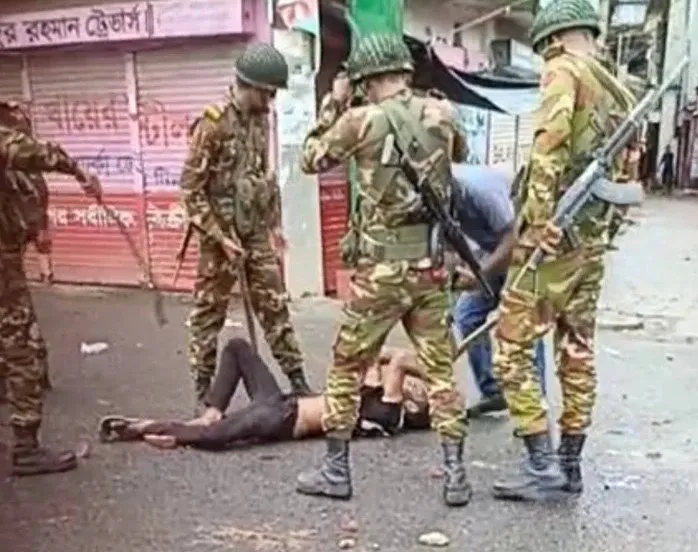
Synopsis
Key Takeaways
- The NCP's rally in Gopalganj was marked by violence and a strong response from the Awami League.
- Gopalganj remains a crucial political stronghold for the Awami League.
- The interim government has pledged to maintain order amidst rising tensions.
- Political parties are competing fiercely for dominance in Bangladesh.
- The situation is evolving, with potential implications for future elections.
New Delhi: The ‘Desh Gorte July Padayatra’, also known as the ‘July Walkathon for Nation Building’, was orchestrated by Bangladesh's unregistered National Citizen Party (NCP) on the first anniversary of the tumultuous July uprising that ultimately resulted in the abrupt removal of former Prime Minister Sheikh Hasina from power in August 2024. This event marked a desperate attempt to garner public support and re-establish a foothold in Gopalganj, a region long regarded as a stronghold of the Awami League (AL).
Established by student leaders who spearheaded the July 2024 uprising, the NCP, or Jatiya Nagorik Party (NJP) in Bengali, has struggled to fulfill the preliminary criteria set by Bangladesh's Election Commission for official registration. Nevertheless, the ongoing interim government led by Muhammad Yunus has been providing substantial assistance to the NCP, including security protection for its leaders funded by taxpayers.
Recognizing its vulnerabilities, the party's 'March to Gopalganj' seemingly aimed to provoke a situation that might delay the anticipated general elections in the nation.
However, the “banned” Awami League and its student faction, the Chhatra League, despite facing considerable challenges and being labeled as “defunct” by many, disrupted the NCP's plans.
In August 2024, it was in Gopalganj that the Awami League and its allies pledged to reinstate Hasina in Bangladesh.
This past Wednesday, despite facing overwhelming challenges, the party's cadre demonstrated their unwavering commitment to preserve Bangladesh and its inclusive socio-political and economic progress.
As Awami League activists continue to face violence — with dozens already killed nationwide — the party's Gopalganj members stood resilient, preventing NCP leaders and activists from disrespecting the memorial dedicated to Bangabandhu Sheikh Mujibur Rahman in Tungipara.
Gopalganj district, specifically Kotalipara upazila, remains Hasina's electoral stronghold, with Tungipara being both her birthplace and that of Sheikh Mujibur Rahman. The Awami League maintained its position in this traditional bastion.
The pro-Hasina sentiment was so potent that NCP leaders sought refuge in the Gopalganj Superintendent of Police's office. A popular slogan echoed in Gopalganj: “Sheikher Beti Aasbe, Bangladesh Haansbe,” translating to “the daughter of Sheikh will come and Bangladesh will smile.”
Senior NCP leaders were escorted from Gopalganj to Khulna. As tensions escalated, convenor Nahid Islam, member secretary Akhtar Hossain, chief organizer (south) Hasnat Abdullah, and chief organizer (north) Sarjis Alam had to evacuate using Armoured Personnel Carriers (APC).
At least 10 vehicles were torched in Gopalganj district headquarters, with over 50 individuals, including police, injured in a series of confrontations. Additionally, around 400 unidentified individuals were implicated in the incidents, with 45 detained by joint forces amid the unrest that resulted in five fatalities.
On Thursday, July 17, the interim government's Home Advisor, Lt. Gen. (Retd.) Jahangir Alam Chowdhury, declared that the situation in Gopalganj has been stabilized, emphasizing that intelligence agencies had no advance warning of such a grave incident.
Meanwhile, the Yunus administration continues to overtly support the NCP.
“This atrocious act—allegedly perpetrated by members of the banned AL's Chhatra League and AL activists—will not go unpunished. The offenders must be promptly identified and held fully accountable. Violence against any citizen of Bangladesh has no place here,” the Chief Advisor stated on X.
This statement has been deemed shocking and outrageous, highlighting deeper systemic issues. Yunus, who claims to champion free speech, has banned the Awami League, the party that established Bangladesh as an independent state.
In response, the Awami League remains steadfast, recognizing the importance of engaging with the populace. Their resilience and adaptability amidst challenges may yield positive outcomes in the future.
Political factions in Bangladesh persist in contending for control over the interim government, judiciary, and university campuses.
On Saturday, the radical Islamist Bangladesh Jamaat-e-Islami (JeI) party plans to host a grand rally at Suhrawardy Udyan in Dhaka. The JeI has organized transportation, including 10,000 buses and two trains, to mobilize supporters nationwide for this event. Top leaders of Jamaat are actively overseeing efforts to rally support from Dhaka and beyond. JeI leader Golam Parwar has reiterated the party's call for a neutral caretaker government during the election period to safeguard the democratic rights of citizens.
It appears that Bangladesh is on the brink of a significant political crisis, with potential for escalating violence in the days ahead. For the Awami League, however, this situation may present an opportunity, as major political parties vie for dominance, contributing to the growing chaos in Bangladesh's already tumultuous political landscape.
(The writer is an expert on South Asia and Eurasia and previously worked with the Manohar Parrikar Institute for Defence Studies and Analyses. The views expressed are personal.)


